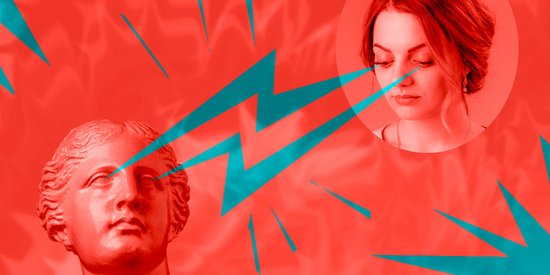Dream interpretation
Skilled craftsmen of our future, dreams are fundamental to our lives. They give a new depth and dimension to what we have learned, by reorganizing the information we have collected when we are awake.
"Make your life a dream and your dream a reality," wrote Saint Exupéry.
From dreams to reality, the mental to the physical, this is the most amazing journey, the mastery of thought.
Neuro Linguistic Programming, in its approach to human behaviour and the psyche, is based on a pragmatic collection of different theories and schools of thought.
A crossroads of psychology, neuroscience, anthropology, cybernetics and artificial intelligence, where dreams play a predominant role.
To guide our dreams, shaping them through our own inner journeys and the intensity of our thoughts, seems to be possible. This can be achieved after specific training, for example using relaxation techniques with an emphasis based on a dream while one is awake.
The search for the "key to our dreams" is not a new one.
Egyptians, Greeks, Romans, and many other civilizations, felt that human dreams act in the role of mediators and that they carry essential data, which in turn led them to try to decipher their secret code.
Modern science has not broken the tradition of dream studies. Its findings have revealed that the ancients had a correct intuition about the importance of dreams in the life of mankind.
Around 1900, Sigmund Freud inaugurated a new approach to human psychology, the study of irrational phenomena, including the analysis of dreams.
Dreams occupy a key position between the subconscious phenomena that operate in our minds, in our attitudes, on our behaviour and regarding the knowledge that we have.
The art of divining by dreams, or oneiromancy, which pre-date astrology, is probably the oldest method of divination used by man.
Plato considered dreams as a way to "combine the heavens with the earth" while Aristotle saw the effects of a higher and divine order. Hippocrates and Galen believed in the significance of dreams and took them into account in their medical prescriptions.
The belief in the divine origin of dreams is a universal belief. Archaeological findings prove that the Egyptians of the Xth dynasty already believed that a dream could reveal the future.
Dreams are another life that accompany us for the whole of our lives. They never leave us, from the moment of birth, right until death.
They are our second life, which is tantamount to having a double life. Quantitatively, in seventy years, we will have spent twenty-three years sleeping and five years dreaming. M-A Descamps.







